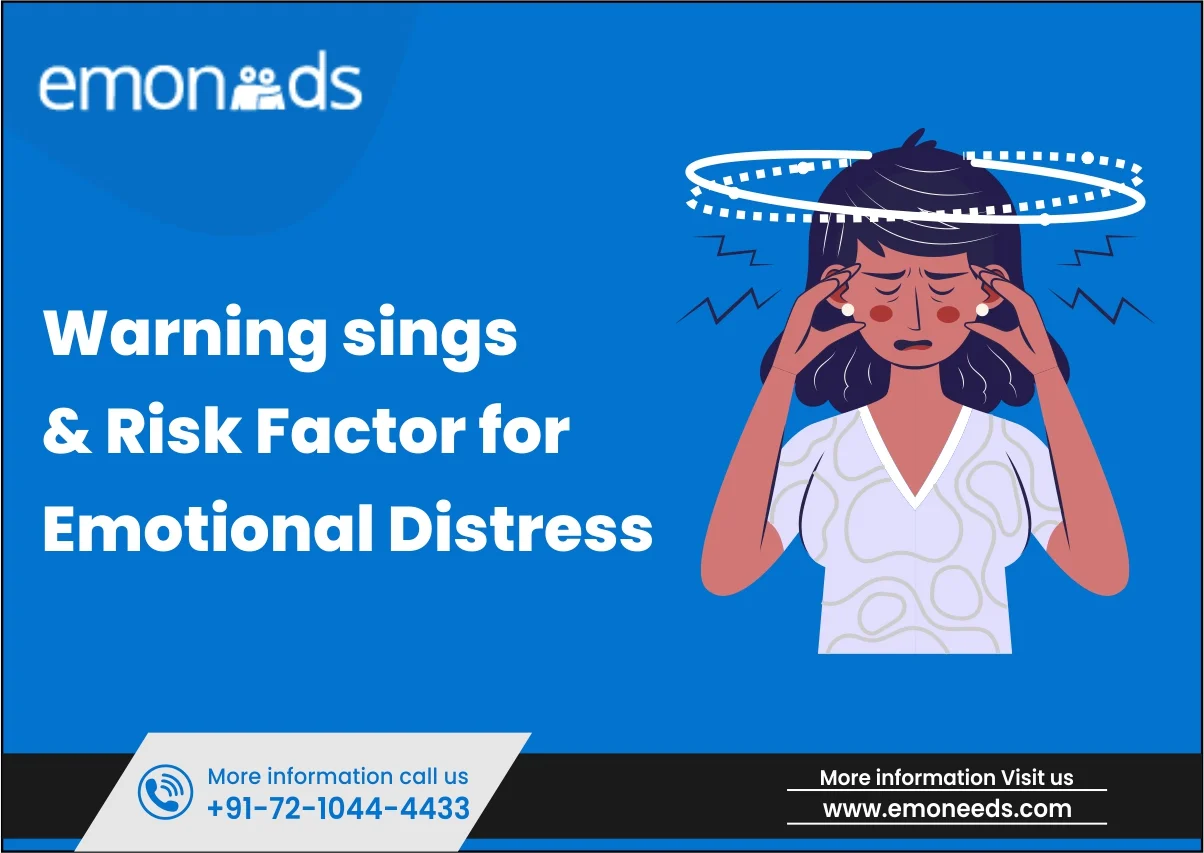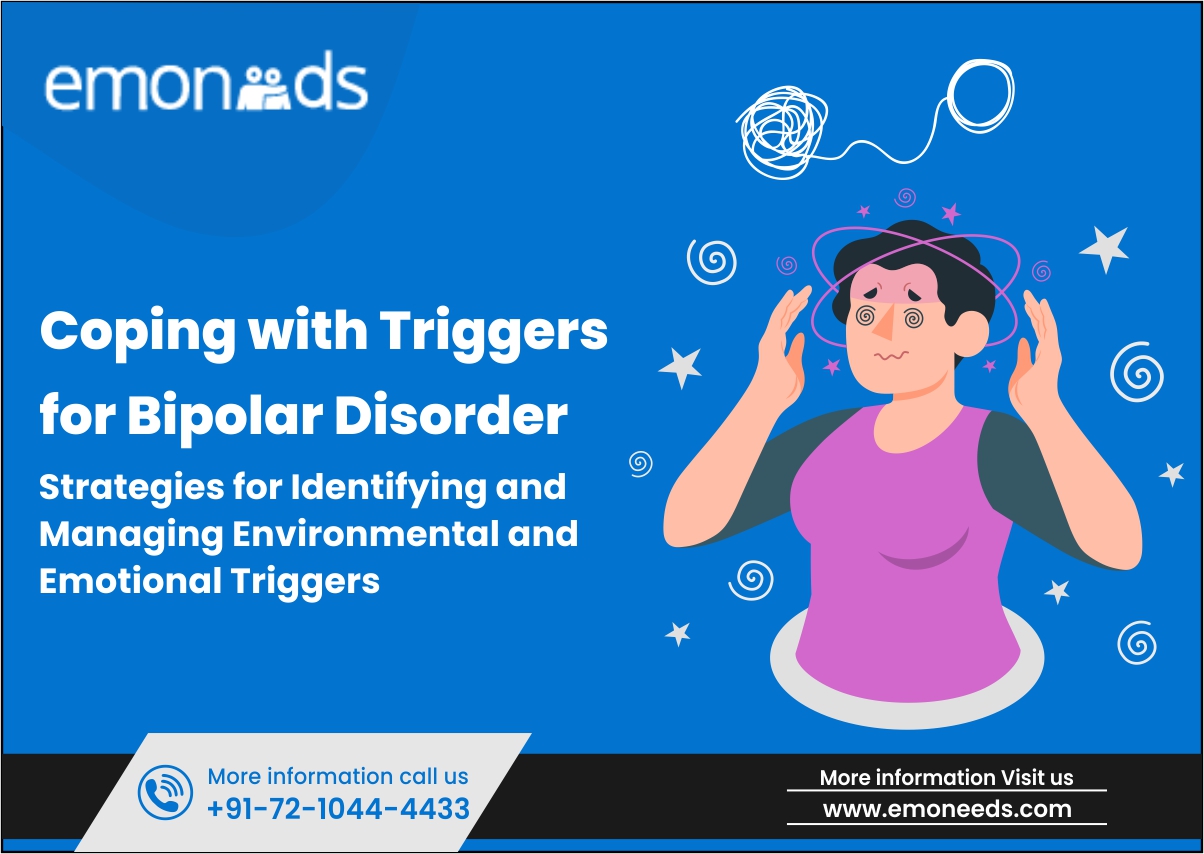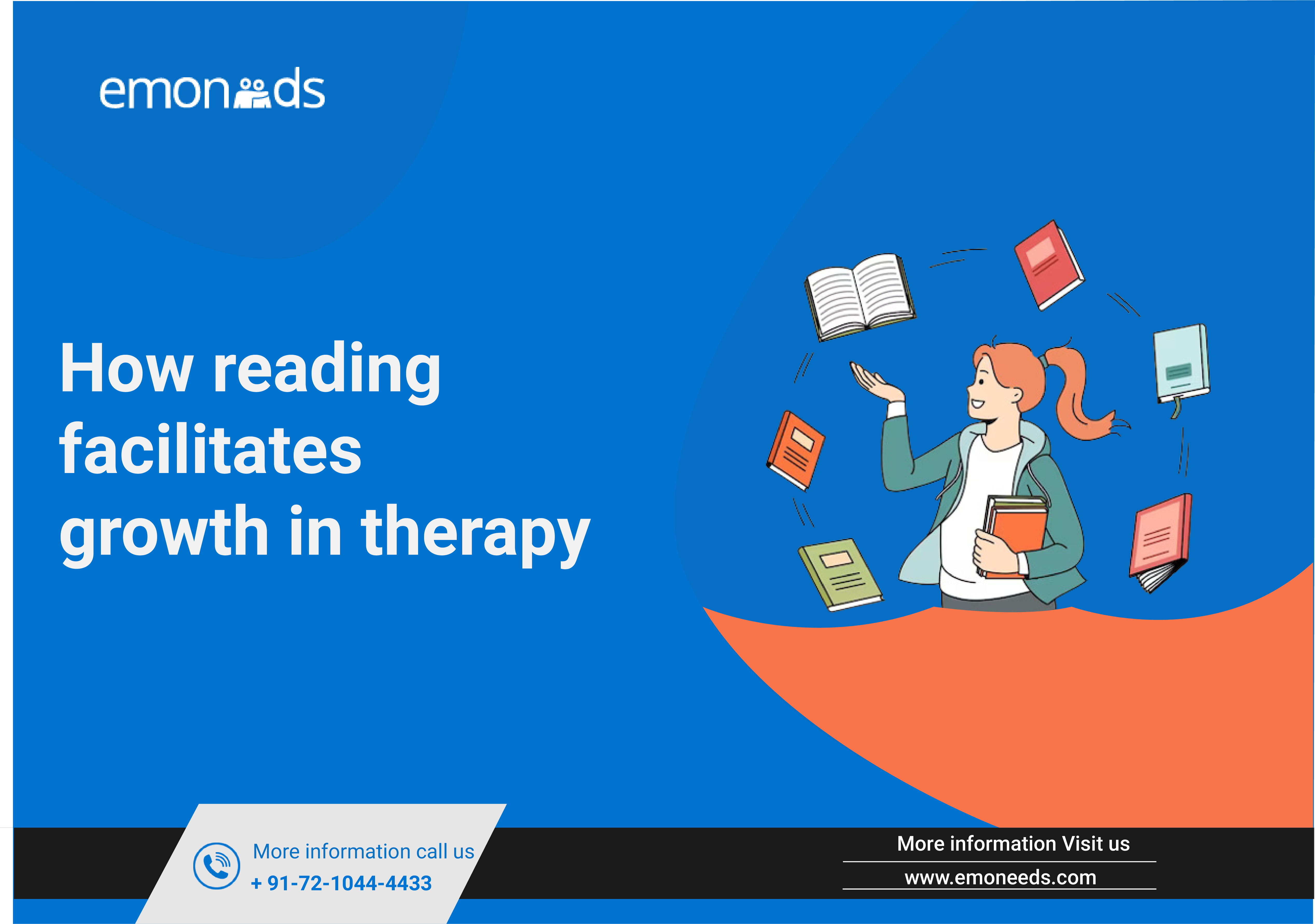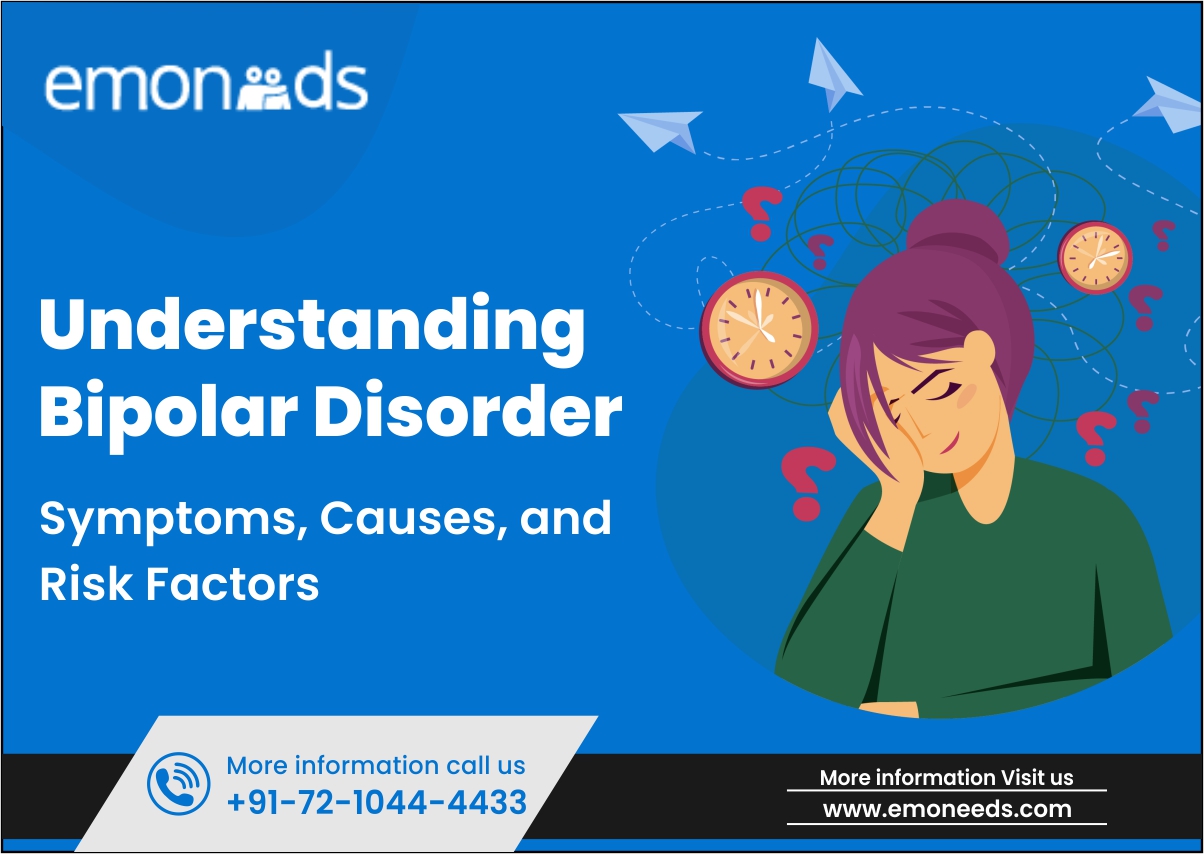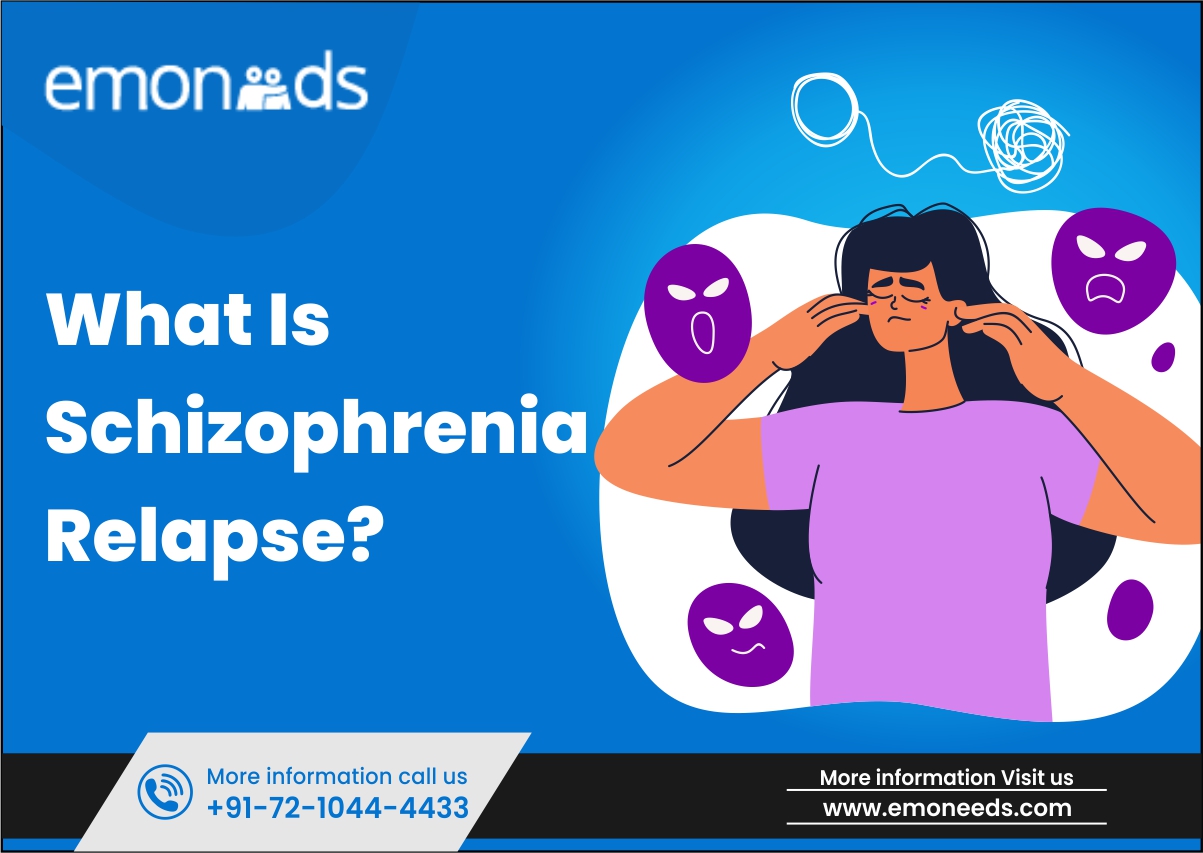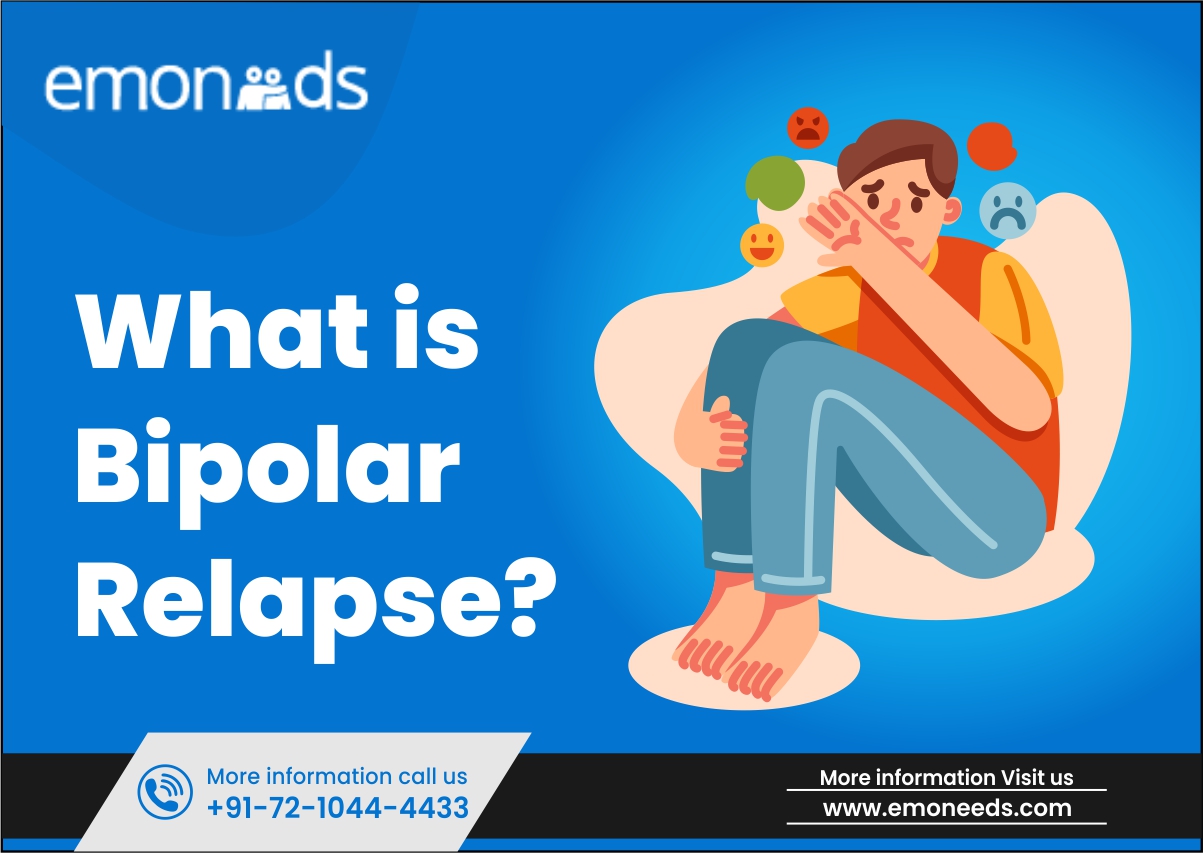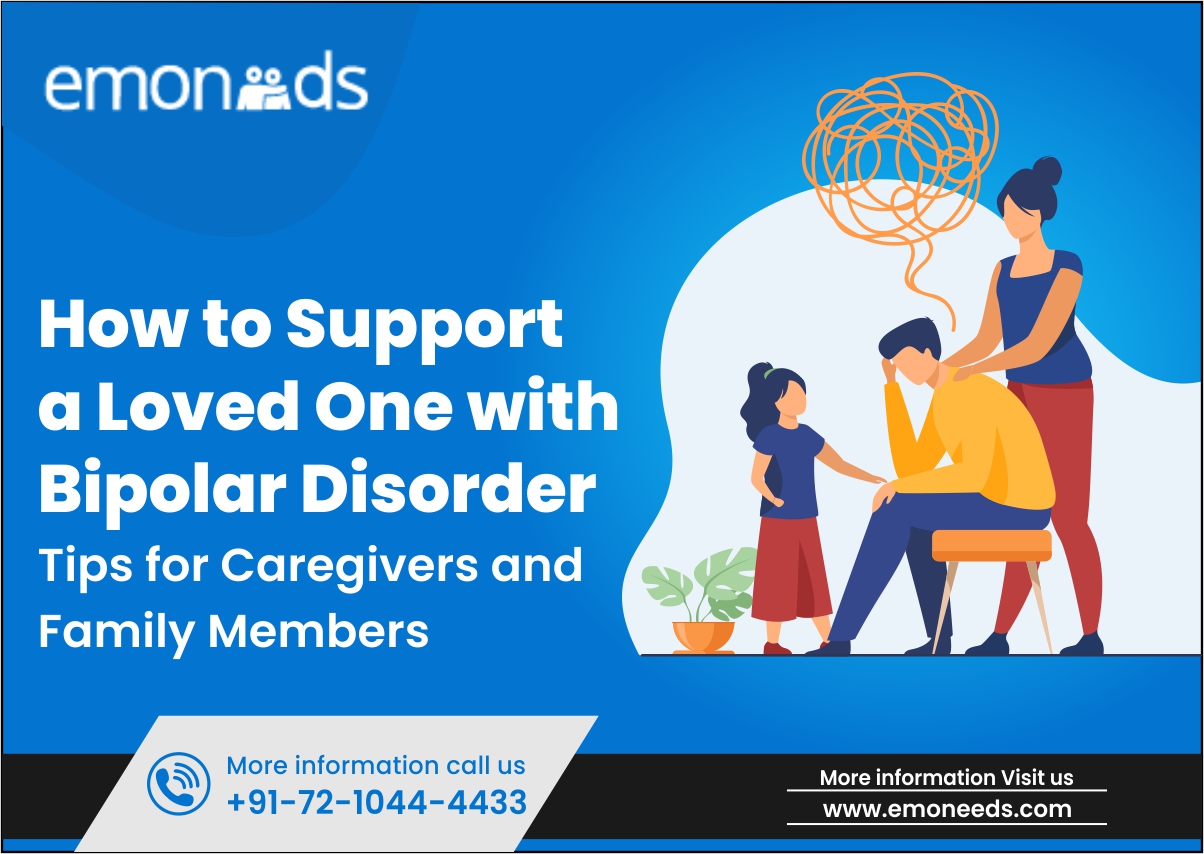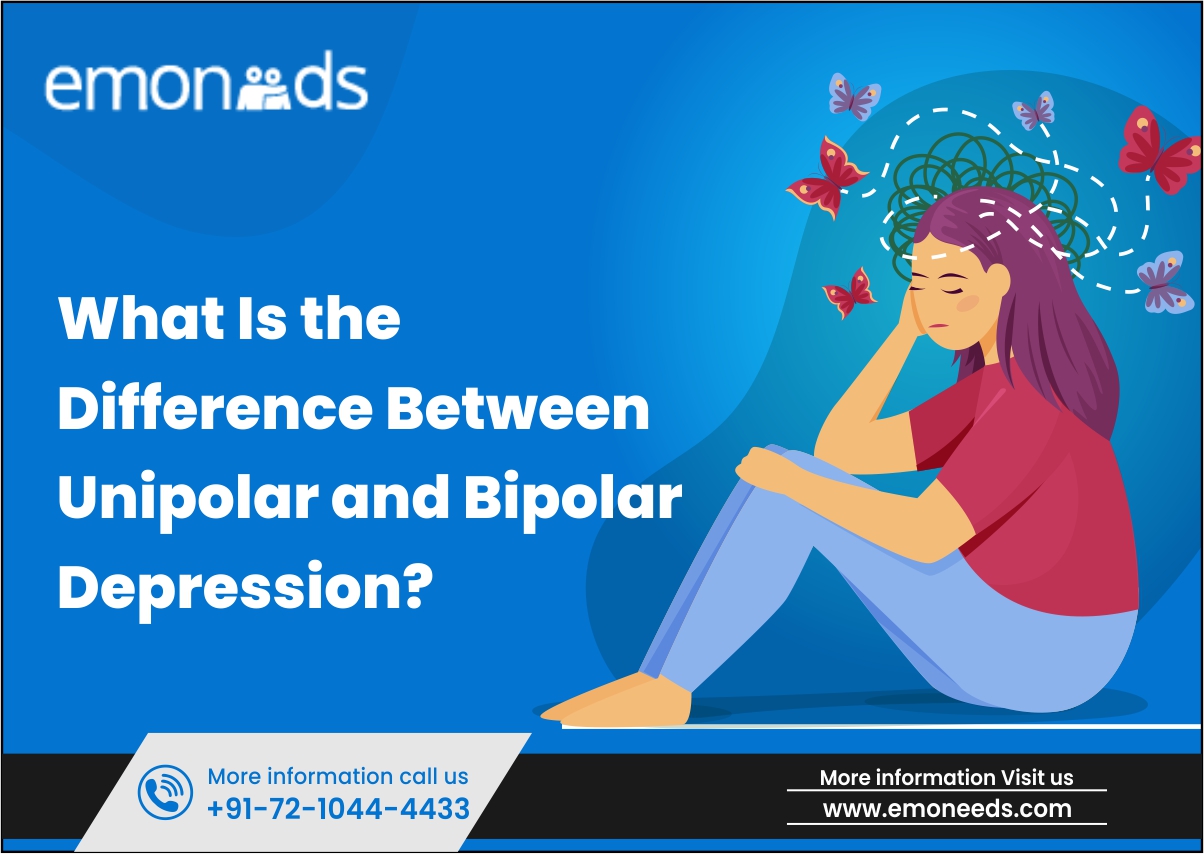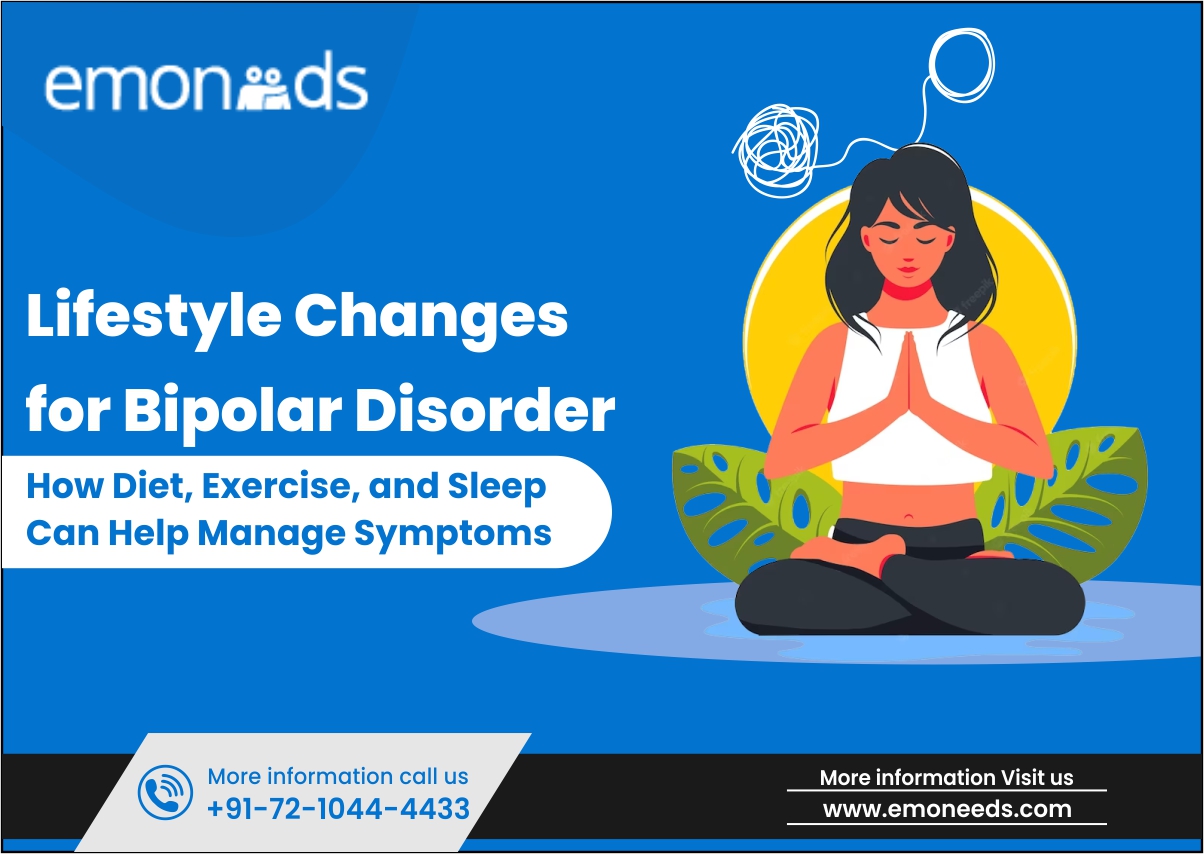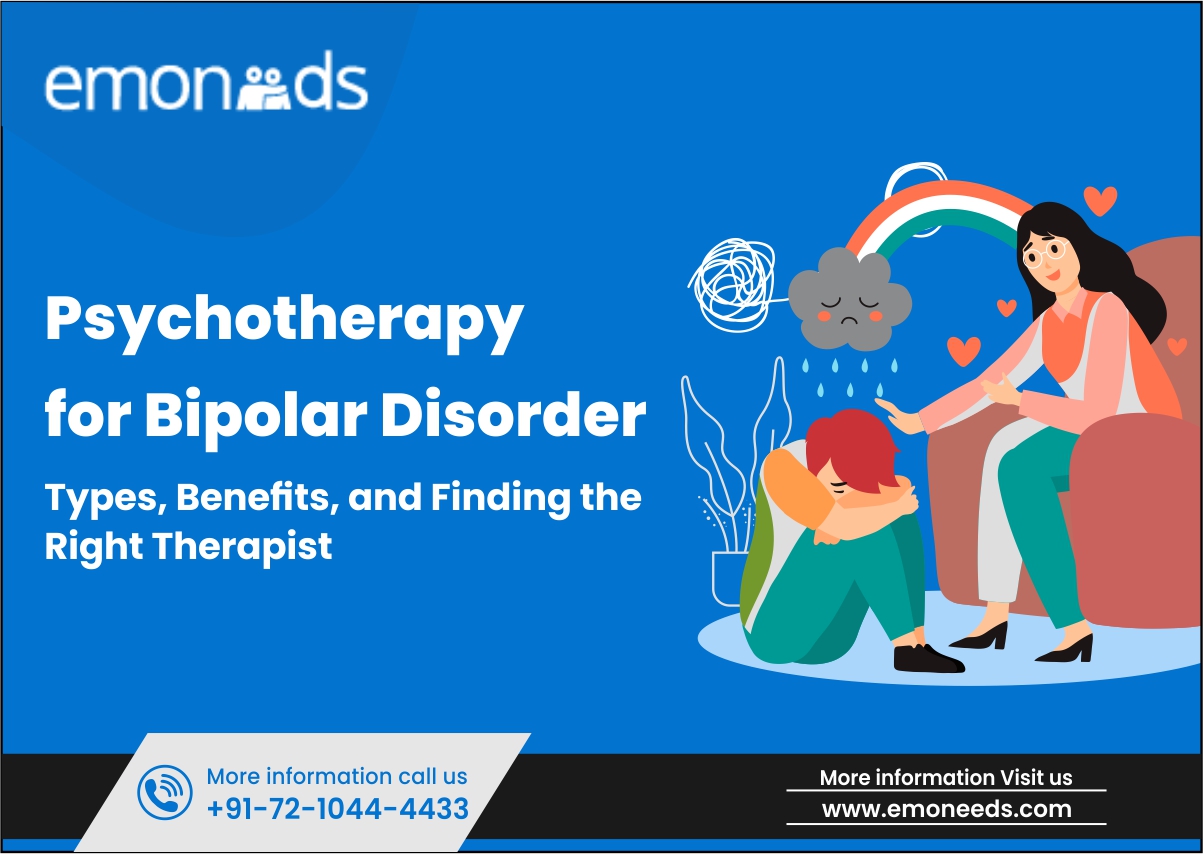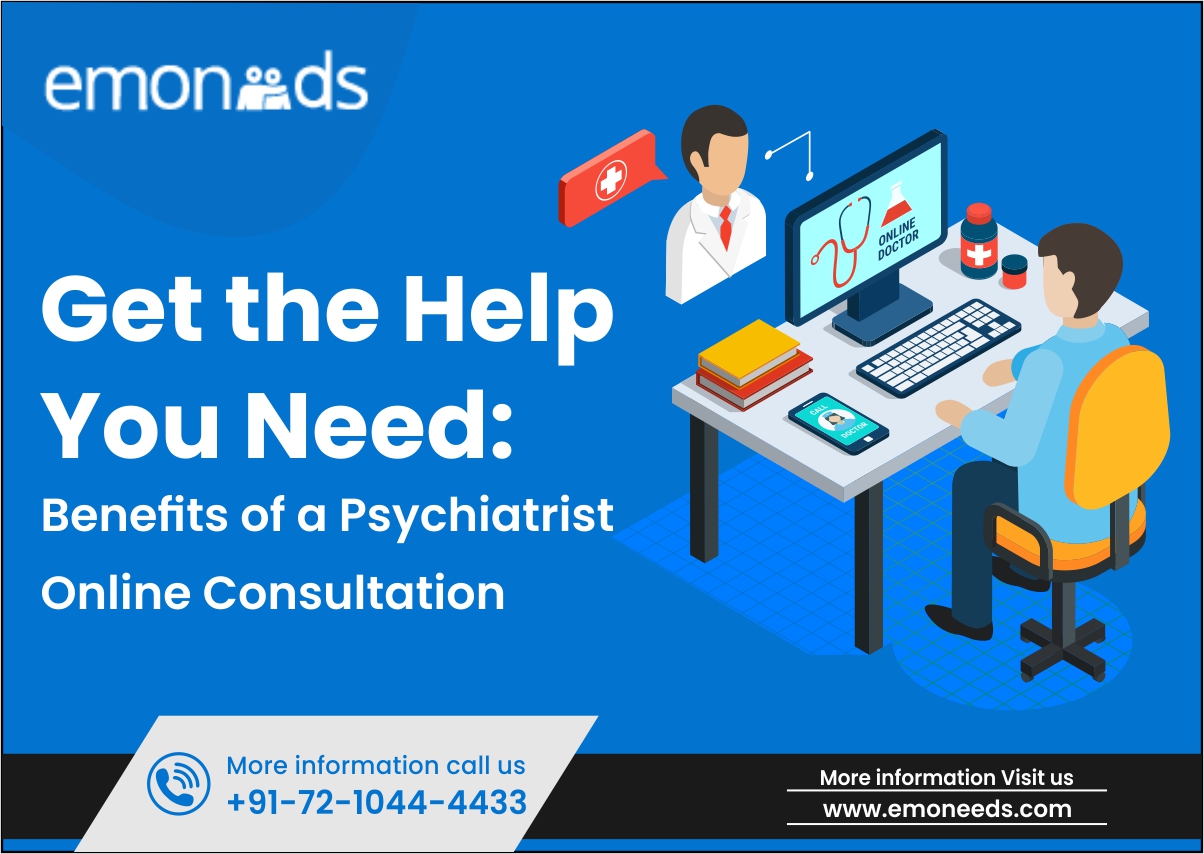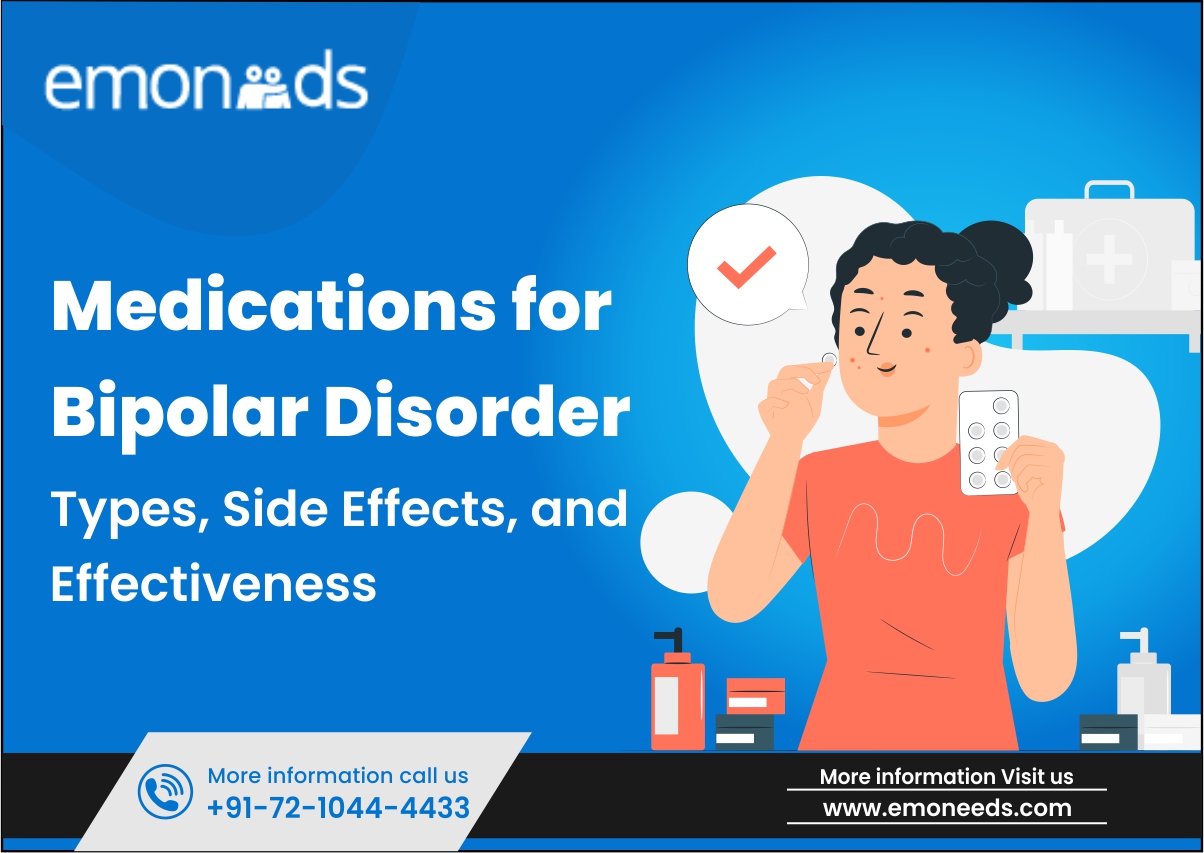
- July 31, 2023
- Saloni Kabra
- 0
Living with bipolar disorder can be an emotional rollercoaster, with unpredictable mood swings that can greatly impact a person’s life. Fortunately, advancements in psychiatric medicine have brought about a range of medications that can help manage the symptoms and provide stability to those affected. In this blog, we will delve into the various types of medications used in treating bipolar disorder, their potential side effects, and how effective they are in restoring balance to the lives of those living with this challenging condition.
Table of Contents
ToggleUnderstanding Bipolar Disorder
Before we delve into medications, let’s first grasp what bipolar disorder entails. Bipolar disorder is a complex mental health condition characterized by extreme mood swings that alternate between periods of intense euphoria or mania and profound depression. There are several types of bipolar disorder, each with distinct features. Type I involves manic episodes with potential depressive episodes, while Type II includes hypomanic episodes and more pronounced depressive phases. Additionally, cyclothymic disorder is characterized by frequent mood changes that are less severe but longer-lasting than in the other types.
Recognizing the symptoms and seeking a professional diagnosis is crucial for effective treatment. While some may hesitate to seek help, considering it a sign of weakness, it is essential to remember that seeking support is a brave and necessary step toward healing.
Medications for Bipolar Disorder
There are several classes of medications commonly used in the treatment of bipolar disorder, each addressing specific aspects of the condition. Let’s explore them in more detail:
Mood Stabilizers
Mood stabilizers play a fundamental role in managing bipolar disorder, aiming to prevent or reduce the frequency and intensity of mood swings. These medications work by modulating neurotransmitters in the brain to promote stability. Lithium, a well-known mood stabilizer, has been used for decades, proving effective in treating both manic and depressive episodes. Other mood stabilizers, such as valproic acid and lamotrigine, are also commonly prescribed, especially for individuals who do not respond well to lithium or experience adverse side effects from it.
The effectiveness of mood stabilizers varies from person to person, and finding the right one may involve some trial and error. Patience and open communication with your healthcare provider is essential during this process.
Antidepressants
Antidepressants are commonly used to alleviate depressive symptoms in bipolar disorder, but they come with certain risks. These medications work by increasing the levels of serotonin, a neurotransmitter associated with mood regulation, in the brain. However, there is a potential concern when prescribing antidepressants to individuals with bipolar disorder. For some, antidepressants can trigger manic or hypomanic episodes, leading to rapid mood swings and exacerbating the condition.
Due to this risk, healthcare providers often prescribe antidepressants alongside mood stabilizers or only during depressive episodes. Careful monitoring is crucial to prevent any unwanted manic reactions and ensure the overall stability of mood.
Antipsychotic Medications
Antipsychotic medications are primarily used to treat psychotic symptoms that can accompany manic or depressive episodes. These medications work by targeting dopamine receptors in the brain, helping to reduce hallucinations, delusions, and disorganized thoughts. While traditional or typical antipsychotics have been used historically, newer atypical antipsychotics have gained popularity due to their reduced risk of severe side effects, such as tardive dyskinesia.
Apart from managing psychosis, atypical antipsychotics have proven effective in stabilizing mood and preventing further mood swings. However, it’s essential to keep in mind that these medications can have side effects, such as weight gain and metabolic changes, which require careful monitoring.
Anxiolytics and Sedatives
Anxiolytics and sedatives, such as benzodiazepines, are occasionally prescribed to individuals with bipolar disorder to manage anxiety, agitation, and sleep disturbances. During manic or hypomanic episodes, these medications can help calm the excessive energy and promote better sleep, which is vital for mood stabilization.
However, anxiolytics and sedatives carry the risk of dependence and addiction, making them less suitable for long-term use. Healthcare providers usually limit their prescriptions to short-term use during acute phases and emphasize the importance of non-medication-based approaches to managing anxiety in the long run.
Effectiveness of Medications
The effectiveness of medications in managing bipolar disorder is a subject of ongoing research and individual variation. For some individuals, a single medication might relieve symptoms, while others may require a combination of medications to achieve the desired stability. It is essential to remember that treatment success is not solely dependent on medication; therapy, lifestyle changes, and a strong support system are equally critical components.
Regular follow-ups with healthcare providers are essential to monitor the effectiveness of prescribed medications and adjust the treatment plan if necessary. Honest communication with healthcare professionals about any changes in mood or side effects experienced is crucial to fine-tune the medication regimen.
Potential Side Effects
As with any medication, those used to treat bipolar disorder can have side effects. These can range from mild and transient to severe and long-lasting. Mood stabilizers and antipsychotics might cause drowsiness, dizziness, or gastrointestinal discomfort in some individuals. Weight gain and metabolic changes can occur with the use of certain antipsychotics, impacting overall health and self-esteem.
Antidepressants, as mentioned earlier, can induce manic episodes in some cases. Additionally, anxiolytics and sedatives carry the risk of addiction, making them less suitable for long-term use.
While side effects are potential concerns, not everyone experiences them. It is crucial to work closely with healthcare providers to monitor for side effects and make informed decisions about continuing or adjusting medications accordingly.
Navigating Medication Challenges
While medications are valuable tools in managing bipolar disorder, it’s essential to acknowledge the challenges that may arise during treatment. One common issue is the fear of stigma associated with taking psychiatric medications. Some individuals may feel embarrassed or judged for relying on medication, leading them to avoid or delay seeking help. It’s crucial to remember that seeking treatment for bipolar disorder is a courageous step toward self-improvement and well-being. Education about the condition and dispelling myths can help reduce stigma and foster a more supportive environment.
Adherence to medication schedules can also pose challenges, especially during times of stability when individuals may perceive themselves as “cured” and stop taking their medications. However, abrupt discontinuation can lead to relapses and disruption in mood stability. To mitigate this risk, setting up reminders, establishing routines, and involving loved ones in the medication management process can help maintain consistency. Navigating these challenges requires understanding, flexibility, and a willingness to seek support when needed.
Alternative and Complementary Treatments
While medications are the cornerstone of bipolar disorder treatment, other approaches can be complementary. Psychotherapy, such as cognitive-behavioral therapy (CBT) or dialectical behavior therapy (DBT), can equip individuals with coping strategies and skills to manage mood swings effectively.
Furthermore, exercise, meditation, and mindfulness practices have been shown to reduce stress and improve mood regulation in individuals with bipolar disorder. Incorporating these activities into one’s daily routine can enhance the effectiveness of medications and contribute to a more balanced life.
In addition to psychotherapy and mind-body practices, certain lifestyle adjustments can also complement medication-based treatment for bipolar disorder. Prioritizing a regular sleep schedule, maintaining a nutritious diet, and minimizing substance use can have a positive impact on mood stability. These lifestyle factors work synergistically with medications, promoting overall well-being and aiding in the management of bipolar symptoms.
It is crucial to view alternative and complementary treatments as adjuncts to conventional medication, not replacements. Always consult with healthcare professionals before making any changes to your treatment plan.
Conclusion
Living with bipolar disorder presents unique challenges, but it is essential to remember that it is possible to lead a fulfilling life with the proper support and treatment. Medications for bipolar disorder, such as mood stabilizers, antidepressants, antipsychotics, anxiolytics, and sedatives, play a significant role in managing mood swings and providing stability.
The journey toward finding the most suitable medication regimen may require patience and open communication with healthcare providers. Regular follow-ups are essential to monitor effectiveness and adjust treatment as needed. Alongside medication, lifestyle factors and alternative treatments can enhance overall well-being and empower individuals to thrive despite the challenges of bipolar disorder.
If you or someone you know is struggling with bipolar disorder, reach out to Emoneeds to discuss treatment options and embark on a path toward a more balanced life. Remember, healing is a journey, and with the right guidance and support, a brighter future awaits.

